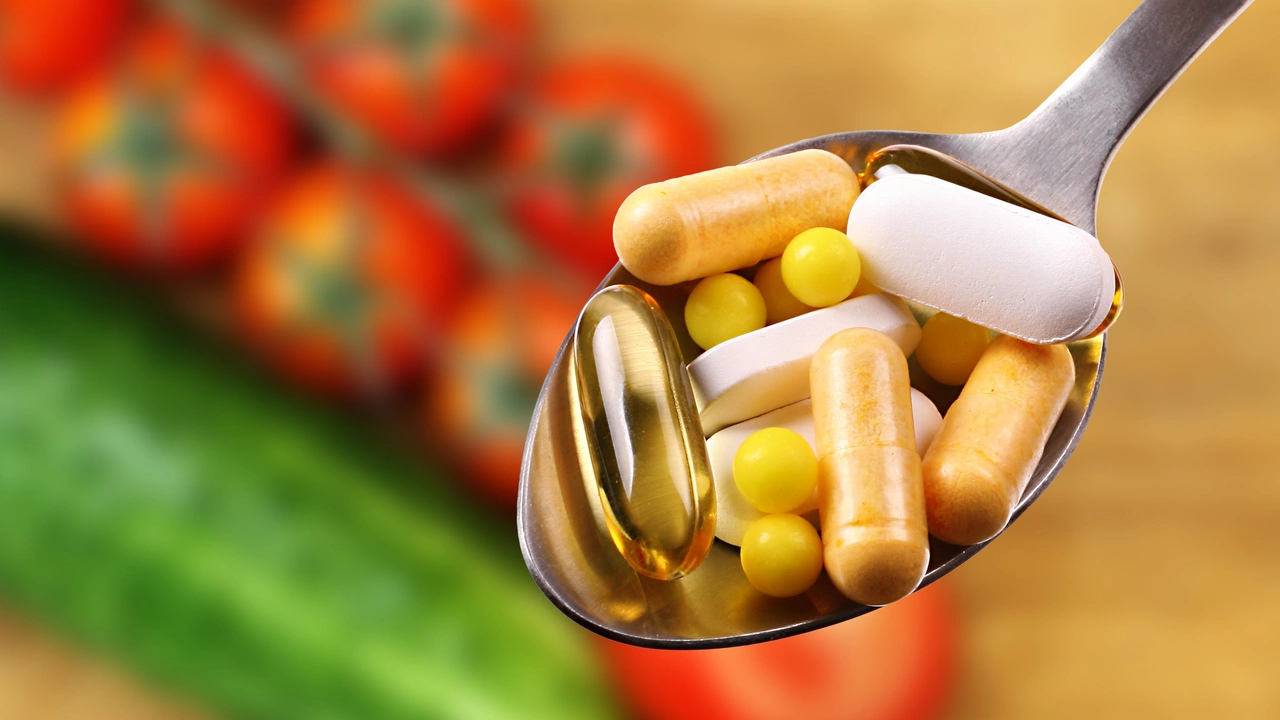White Mustard – What It Is and Why You’ll Want It
White mustard (Sinapis alba) is the mild‑tasting seed that gives us classic yellow mustard and many spice blends. If you’ve ever added a dab of deli mustard to a sandwich, you’ve already tasted it. The seeds are small, round, and pale‑yellow, and they can be ground into powder, turned into oil, or used whole in pickling.
People often mix up white mustard with the spicier brown or black varieties, but the flavor profile is gentler, making it a favorite for sauces, salad dressings, and marinades. It’s also a cheap pantry staple that stores well for years.
How to Use White Mustard in the Kitchen
Cooking with white mustard is super simple. Here are three everyday ways to bring it into your meals:
- Dijon‑style sauce: Mix equal parts mustard powder, water, a splash of vinegar, and a pinch of salt. Adjust the liquid until you reach a smooth paste.
- Pickling spice: Toss whole seeds into jars of cucumbers, carrots, or onions along with garlic and dill. The seeds add a subtle tang while helping preserve the veggies.
- Marinade booster: Blend mustard powder with olive oil, lemon juice, and herbs. Coat chicken or pork before grilling for a quick flavor lift.
You can also sprinkle a teaspoon of ground white mustard into soups or stews to deepen the taste without overwhelming heat.
Health Benefits and Precautions
White mustard isn’t just tasty; it packs some health perks. The seeds contain glucosinolates, which turn into compounds that may support detoxification and have antioxidant effects. They’re also a source of selenium, magnesium, and omega‑3 fatty acids when you use the oil.
People often use mustard oil for massages because it can improve circulation and warm up sore muscles. A few drops in a salad dressing adds a nutty note while delivering those nutrients.
However, moderation matters. Large amounts of raw mustard powder can irritate the stomach lining or cause heartburn. If you’re on blood thinners, talk to your doctor before adding big doses of mustard oil, as it may affect clotting.
Pregnant women should keep intake moderate, because very high levels of certain compounds in mustard could theoretically stimulate uterine contractions. A teaspoon a day is generally safe, but always check with a healthcare professional if you’re unsure.
Allergy‑related reactions are rare but possible. If you notice itching, swelling, or trouble breathing after eating mustard, stop immediately and seek medical help.
In short, white mustard is a versatile spice that can brighten meals, support some health functions, and be stored without fuss. Keep it in an airtight container away from direct light, and you’ll have a handy flavor booster ready whenever the craving hits.
Discover the Amazing Health Benefits of White Mustard as a Dietary Supplement
In my recent exploration of dietary supplements, I've unearthed some incredible health benefits of white mustard. This often overlooked seed is packed with nutrients that can improve digestion, lower high blood pressure, and control symptoms of asthma. It has also been found to boost metabolism, aiding in weight loss and overall health. Additionally, white mustard has properties that can help in preventing certain types of cancers. It's amazing what this tiny seed can do for our health!


